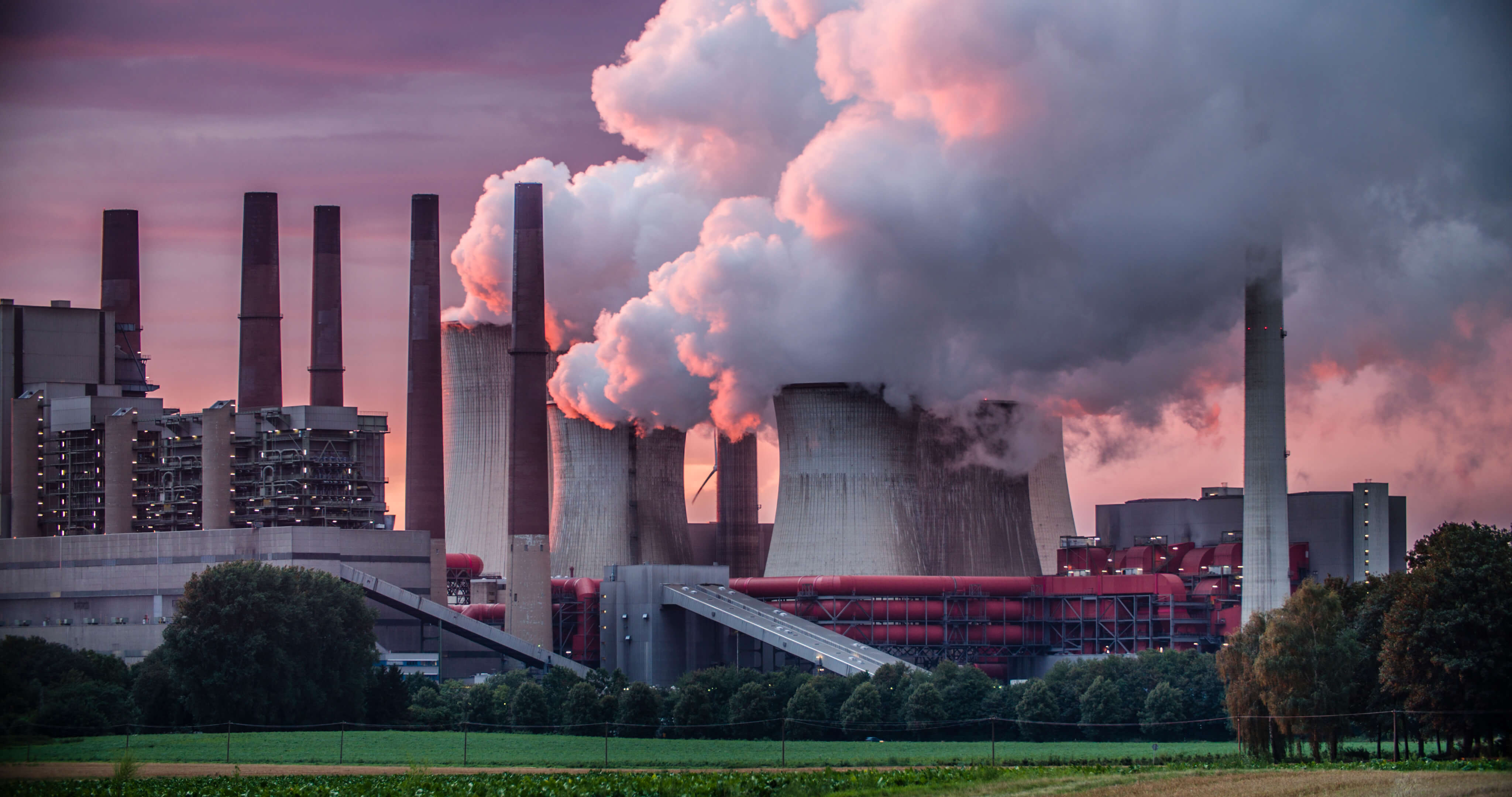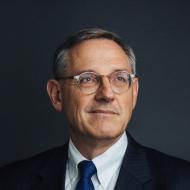Youth setting the agenda: transport and fossil fuels

The first of two 'Race to Zero' events hosted by Oxford Saïd as part of the Leadership in Extraordinary Times series was a youth-led dialogue about the pathway to net zero for energy and transport 'from wellhead to wheel' asking: What is the future for fossil fuels and transport in a net zero world?
The Race to Zero is the global campaign to mobilise leadership and support from businesses, cities, regions and investors for a healthy, resilient, zero carbon recovery. The aim is to create jobs and unlock inclusive, sustainable growth. The campaign – under the stewardship of the UN High Level Climate Champions is rallying ‘real economy’ leaders to join it in the largest ever coalition of leaders, all committed to the same overarching goal of achieving net zero emissions no later than 2050. The second event in the series focused on agriculture and food.
Hosts:
Peter Tufano, Peter Moores Dean and Professor of Finance, Saïd Business School
Kaya Axelsson, Net Zero Policy Engagement Fellow, Smith School of Enterprise and the Environment
Speakers:
- Dr Mallika Ishwaran, Senior Economist and Head of Policy Strategy, Group Strategy, Shell International
- Alan Haywood, Senior Strategy Advisor, BP
- Jonathon Counsell, Director of Sustainability, IAG
- Simonnetta Spavieri, Responsible Investment Analyst and Venezuelan Activist
- Farai Chirese, Bio-Fuels Engineer
- Eli Mitchell-Larson, Fossil Fuel Decarbonisation Researcher
- Diana Njeru, BBC Media Action Africa
- Otto Schacht, Executive Vice President of Global Seafreight, Kuehne+Nagel
- Nigel Topping, UK Government's High Level Climate Action Champion for UN climate talks, COP26
Throughout the discussion, three key themes emerged:
- Collaboration. Work together to develop technologies; engage with customers and other stakeholders, including competitors; look beyond the boundaries of individual businesses and the energy sector.
- Policy alignment. Keep lobbying; advocate for policies that incentivise investments in new technology and changes in strategies and reporting; bring the system along with you.
- Leadership. Act now; lead across boundaries; push for rapid change but consider also the members of your industry, your employees, the communities you have an impact on; transition from fossil fuels but make it a just transition.
'Through the ups and downs in international climate politics, two things have remained constant: we have seen increasing ambition from the private sector with a wave of new net zero commitments from industry leaders … and young people have led the way, driving more ambitious action at every level of society,’ said Kaya Axelsson, Net Zero Policy Engagement Fellow, Smith School of Enterprise and the Environment, as she introduced the first of the Race to Zero dialogues
Responsible Investment Analyst Simonnetta Spavieri summarised the key demands of young people when it came to the transport industry and fossil fuels: ‘Make net zero happen is the first; second is bring the system with you to net zero; and the third is act now.’ She and other members of the youth panel challenged industry leaders not only on the specifics of how the companies they represent will meet their net zero commitments, but also on how they can contribute to redressing global imbalances. As BBC Media Action’s Diana Njeru put it, ‘vulnerable communities in Africa … are often the least responsible for climate change but the most affected.’
The responses revealed that the will is there. For example, Alan Haywood of BP said that the company was being held to account by its investors and employees, as well as by climate activists. However, the challenge is complex, and, while different technologies are developing, most speakers estimated that it would be 10 to 15 years before solutions are implemented at scale. Tellingly, neither BP nor Shell could commit to a date when exploration would stop, but both were clear that it was reducing. Carbon-offsetting schemes are an interim solution, but the speakers were unanimous in aiming for complete decarbonisation, with a reduction in carbon in products and activities accompanied by carbon capture and sequestration.
This event was brought to you by COP 26 High Level Climate Champions Team, The Resilient 40 and Oxford Net Zero (The Smith School for Enterprise and the Environment and the Saïd Business School).




